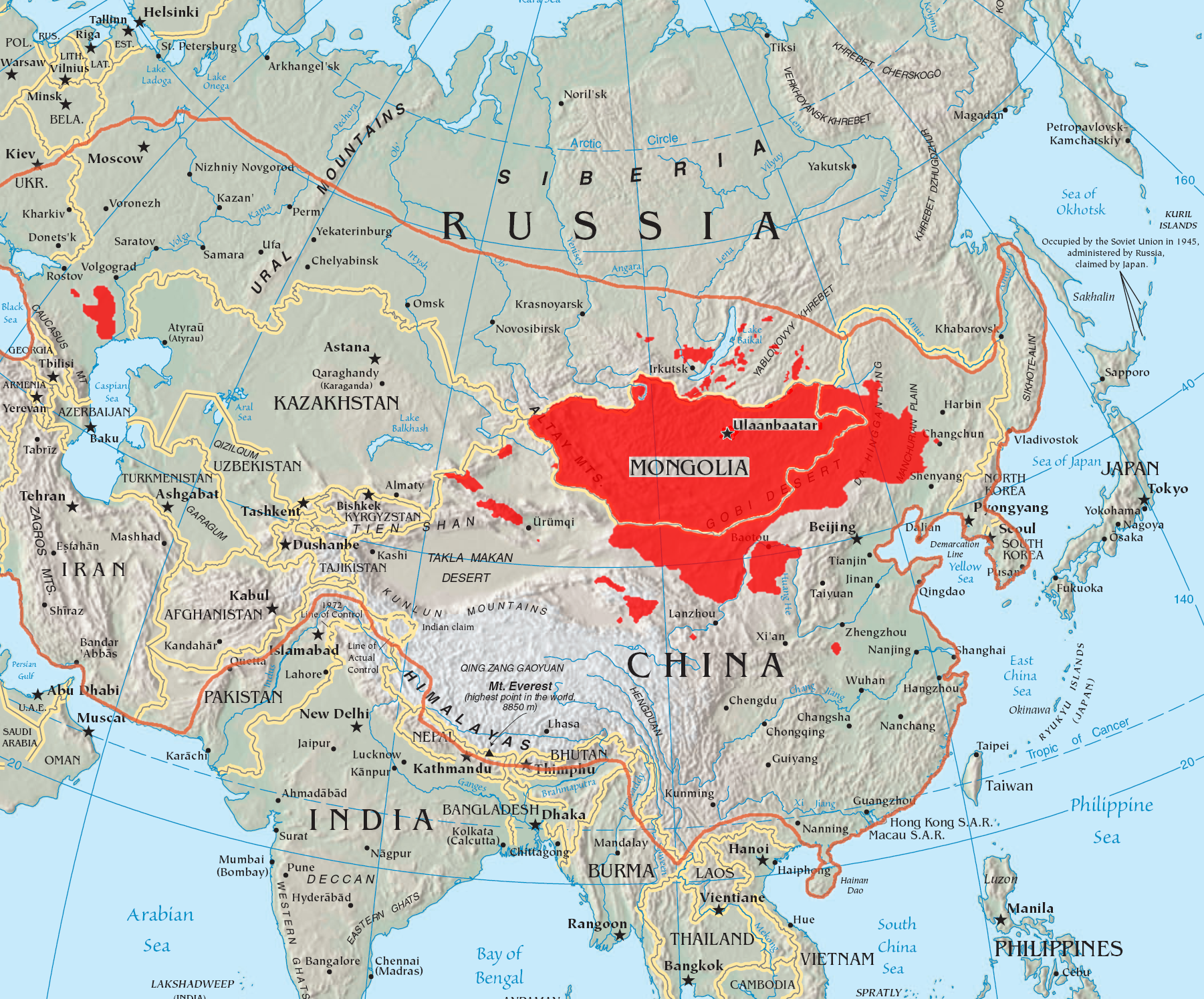The history of Vietnam is one of the longest continuous histories in the world, with the oldest archaeological findings showing that people have been living there as far back as over a half million years ago.[1] Ancient Vietnam was home to some of the world's earliest civilizations, with a cultural history of over 20,000 years - making them one of the world's first peoples who practiced agriculture.[2][3] The Red River valley forms a natural geographic and economic unit, bounded to the north and west by mountains and jungles, to the east by the sea and to the south by the Red River Delta. The needs to have a single authority to prevent floods of the Red River, cooperation in constructing hydraulic systems, trade exchange, and fight against invaders, led to the creation of the first Vietnamese states in 2879 BC.[4] The first truly influential part of history in Vietnam occurred during the Bronze Age, when the Đông Sơn culture was in Vietnam, dramatically advancing their level of civilization. Vietnam's peculiar geography made it a difficult country to attack, which is why Vietnam under Hùng Vương was for so long an independent and self-contained state. The Âns and Qins were among the earliest foreign aggressions of Vietnam, but the ancient Vietnamese regained control of their country soon after their invasions.
Once Vietnam did succumb to foreign rule, however, it proved unable to escape from it, and for 1,100 years, Vietnam had been successively governed by a series of foreign powers: the Hans, Eastern Hans, Eastern Wus, Cao Wei, Jins, Liu Songs, Southern Qis, Liangs, Suis, Tangs, and Southern Hans; leading to the losses of its writing system, language, and national identity. At certain periods during these 1,100 years, Vietnam was independently governed under the Triệus, Trưng Sisters, Anterior Lýs, Khúcs and Dương Đình Nghệ - although their triumphs and reigns were brief.


















 or Cefeng (册封
or Cefeng (册封